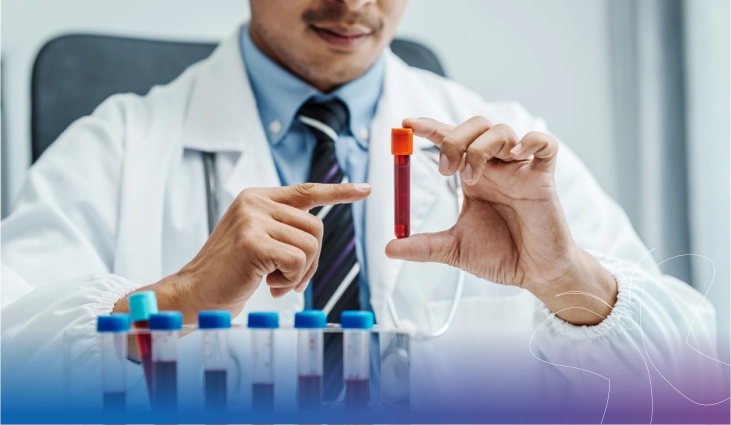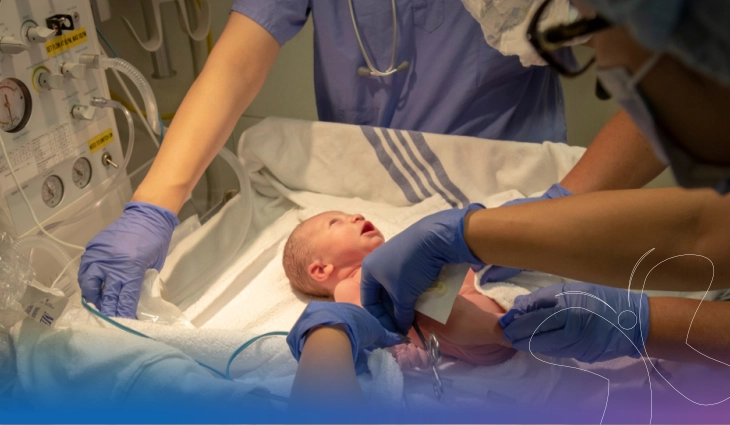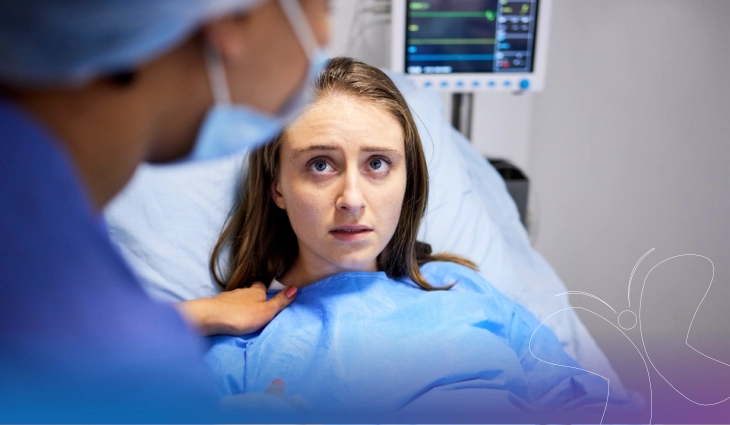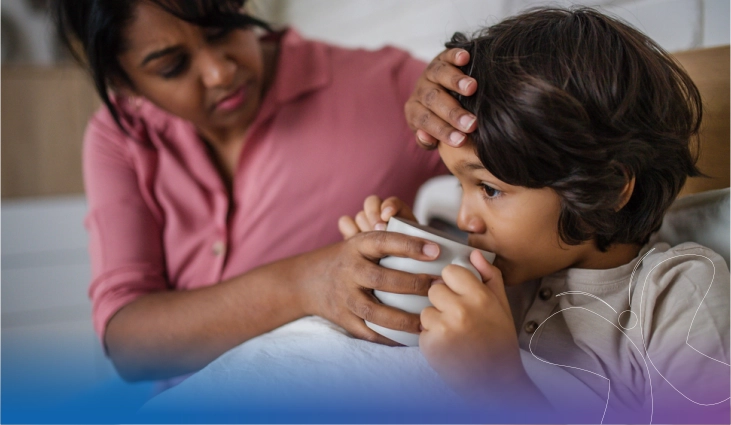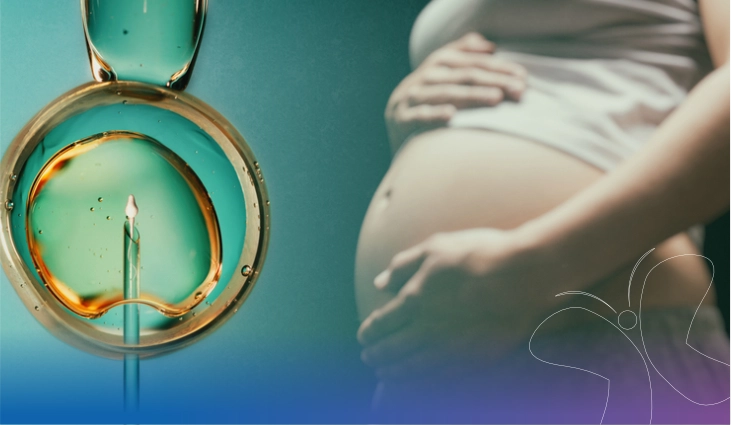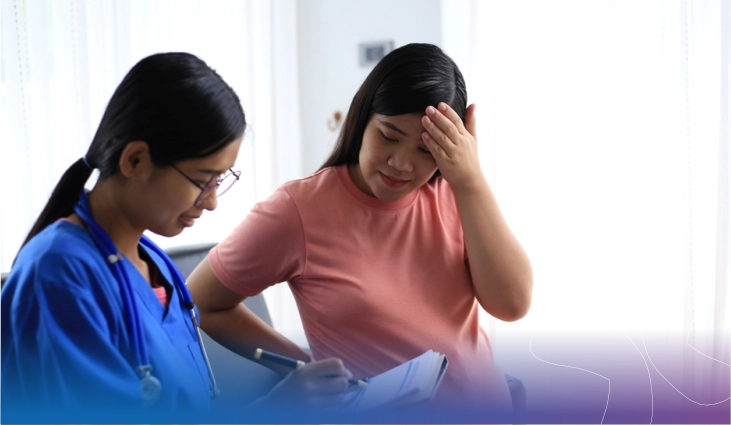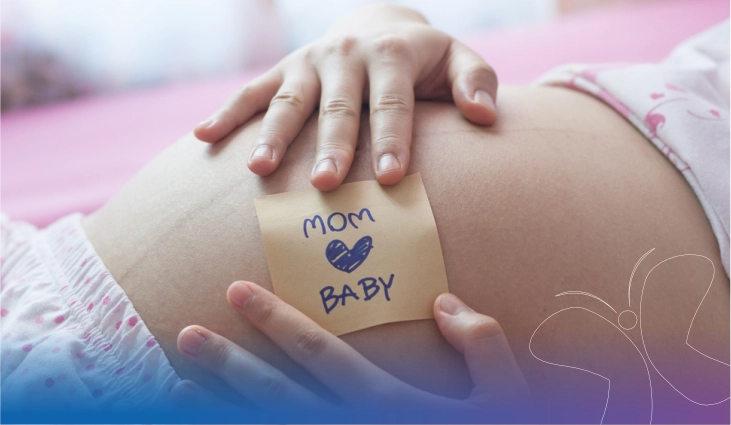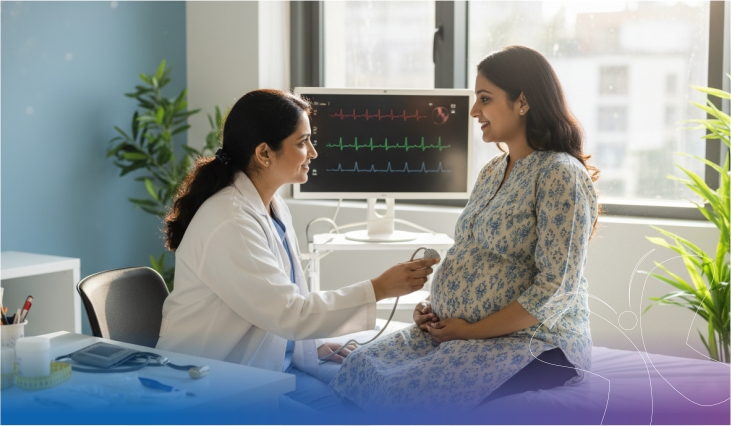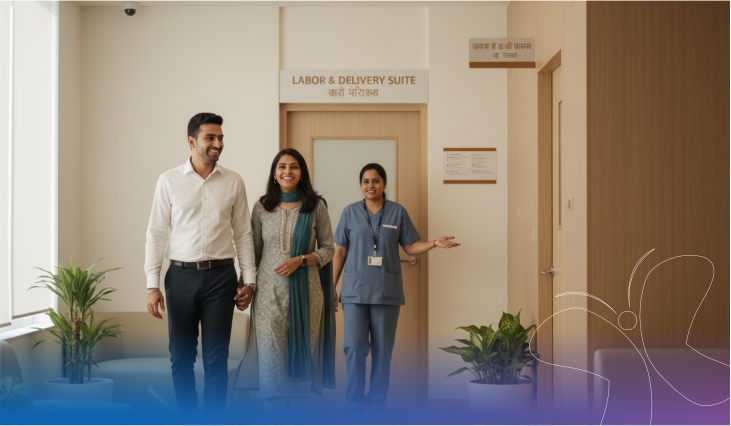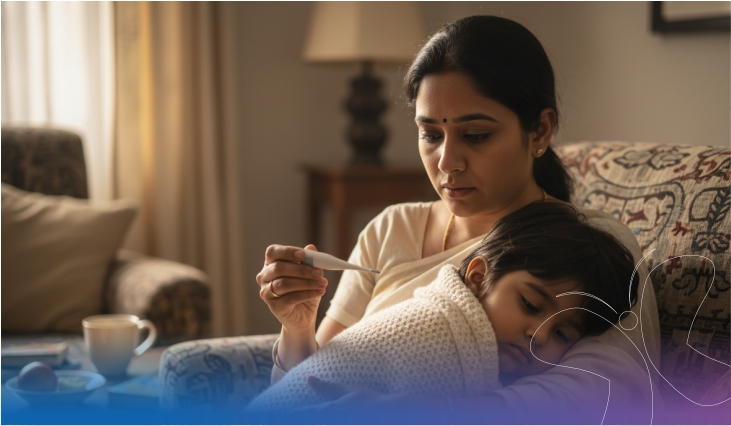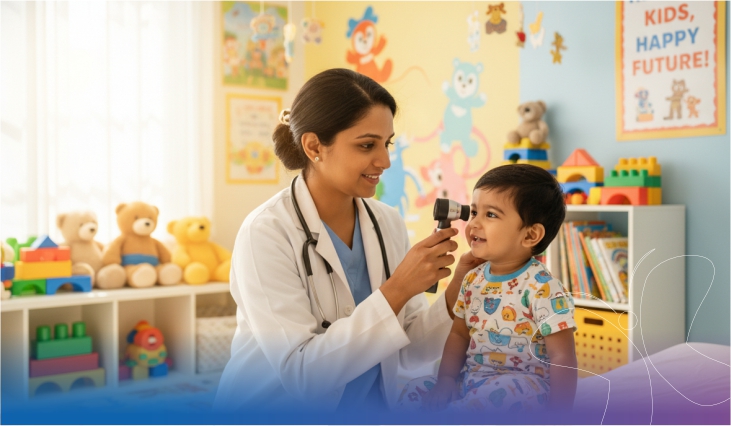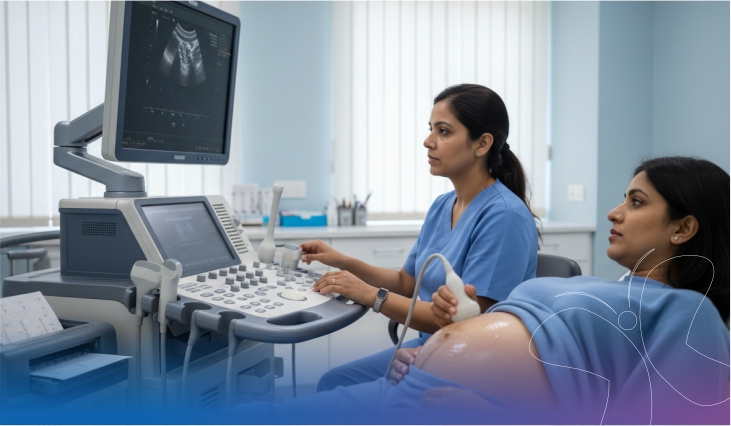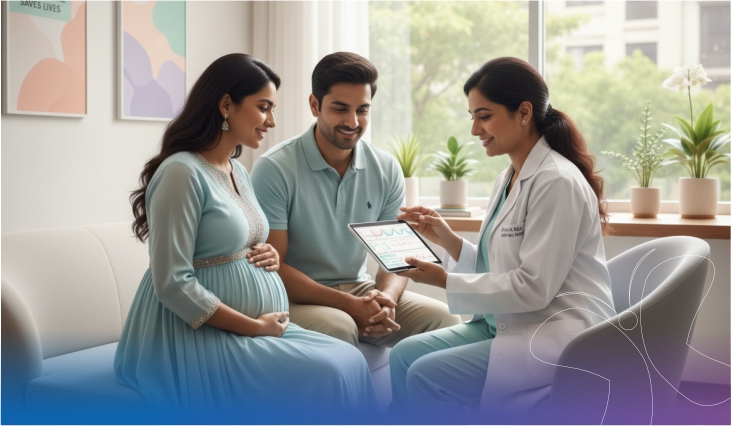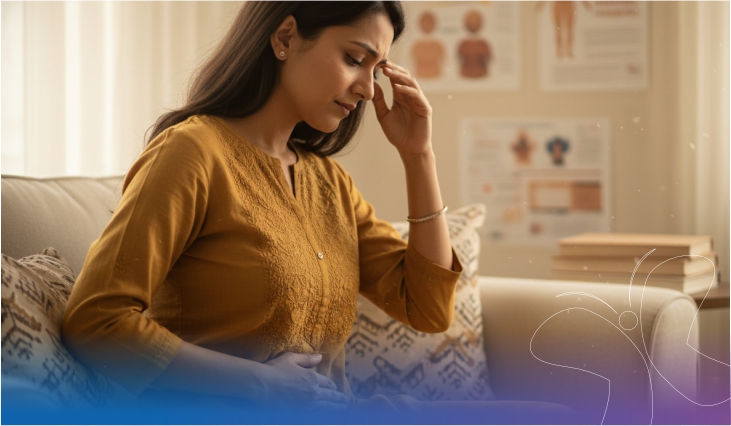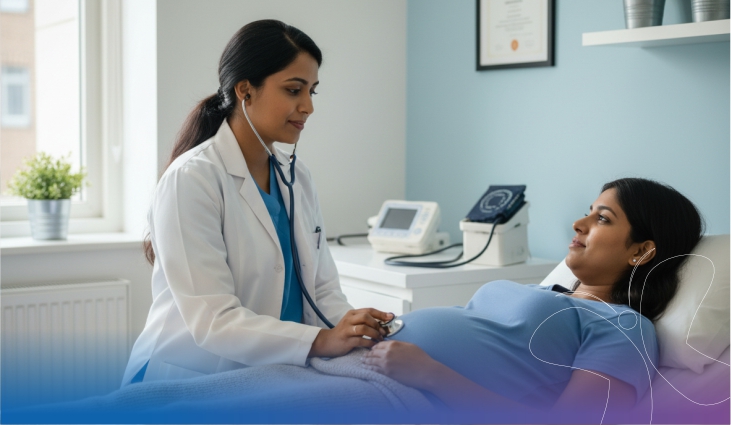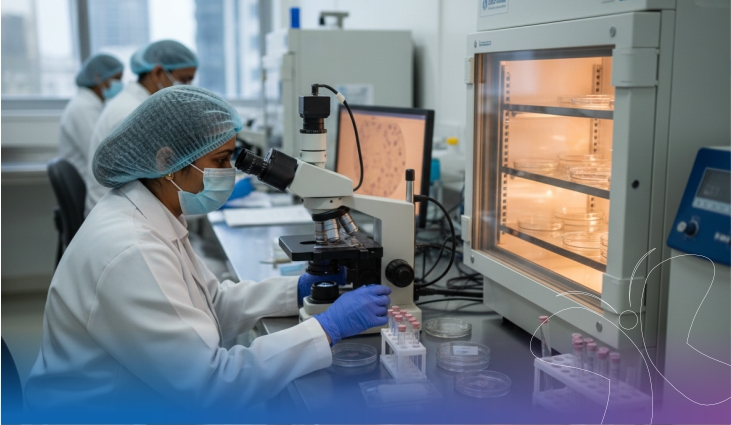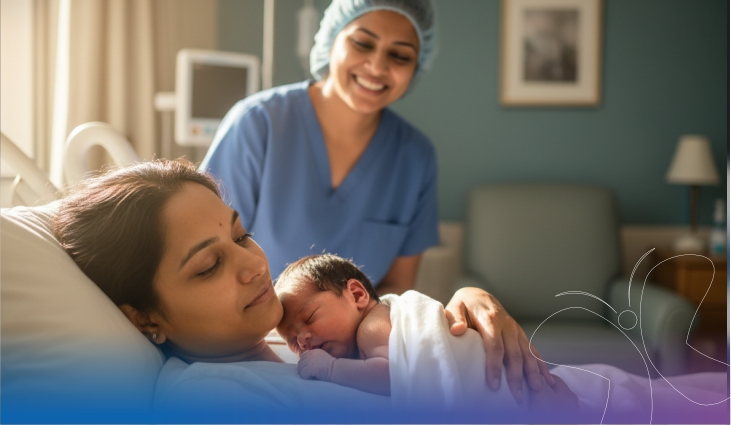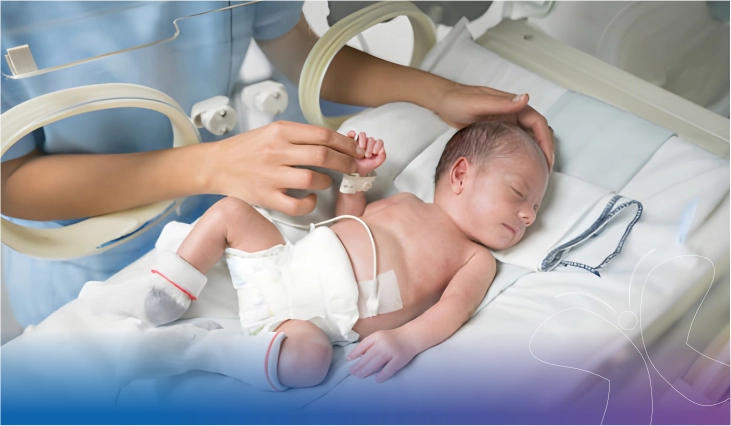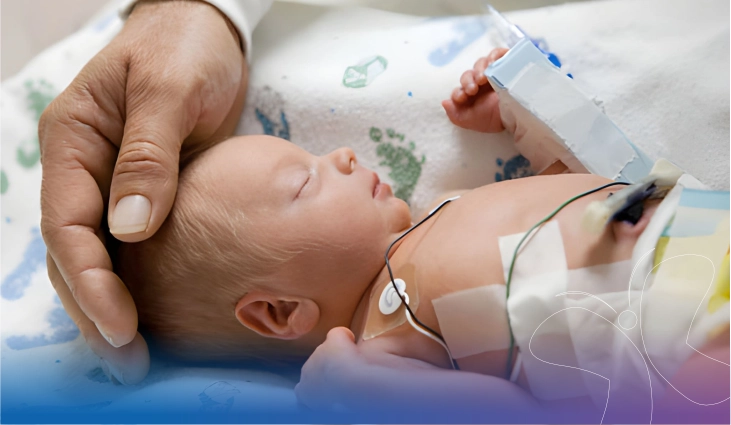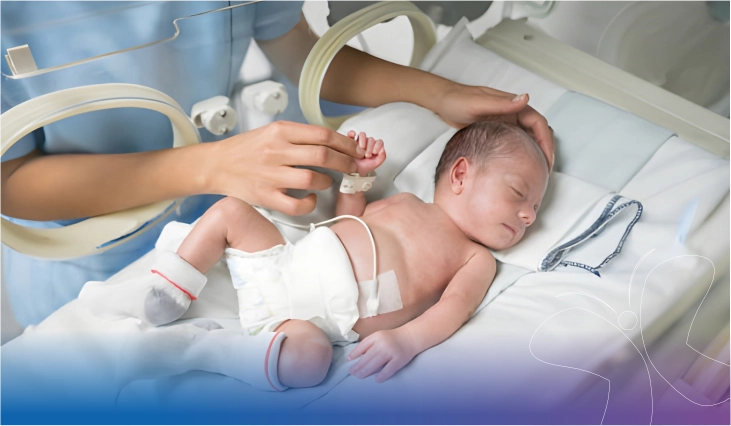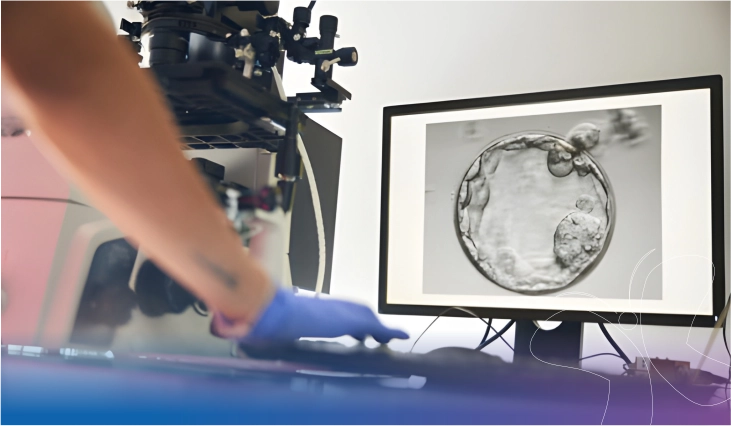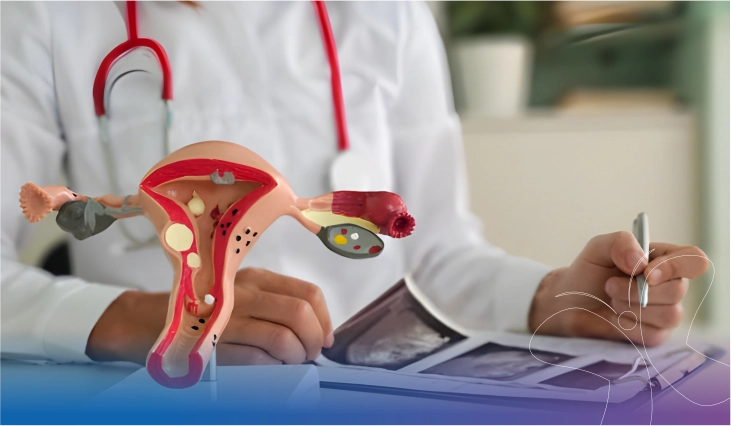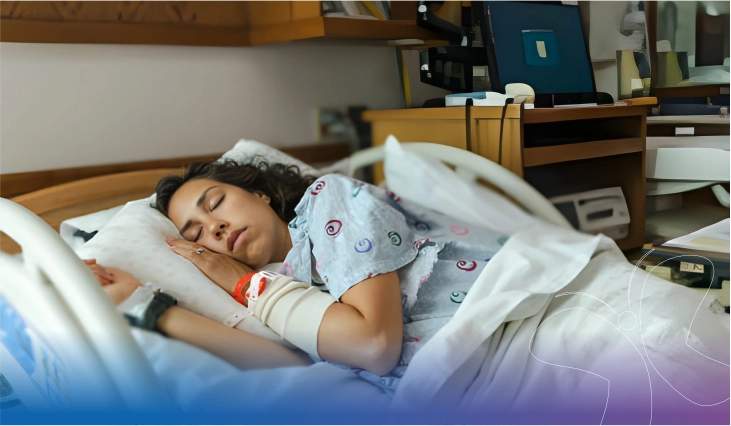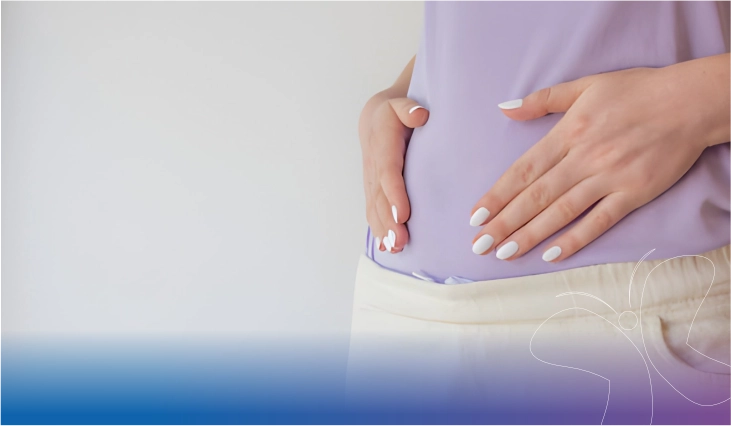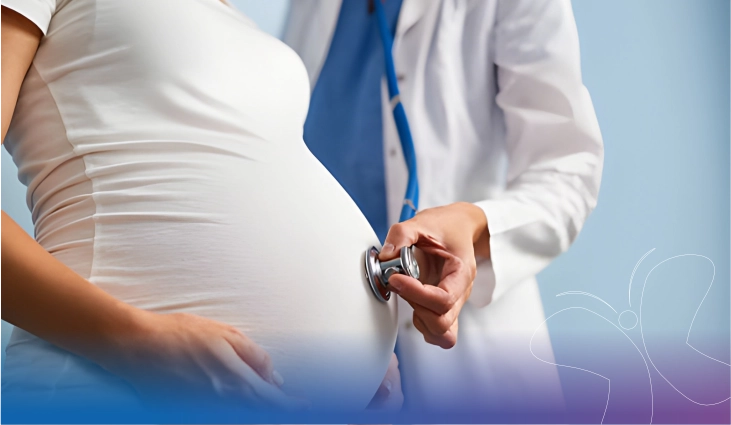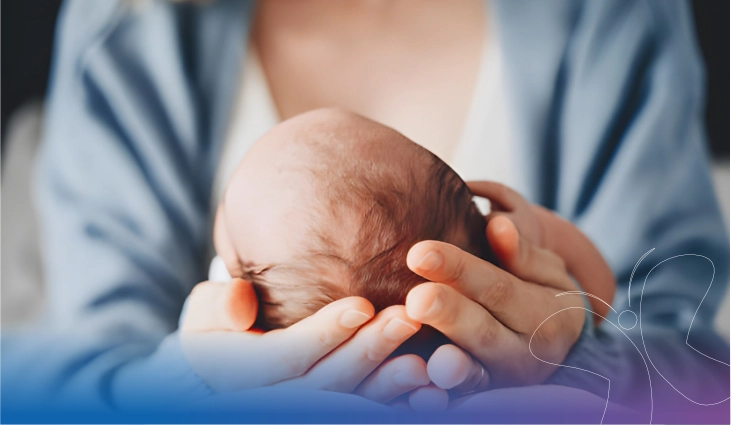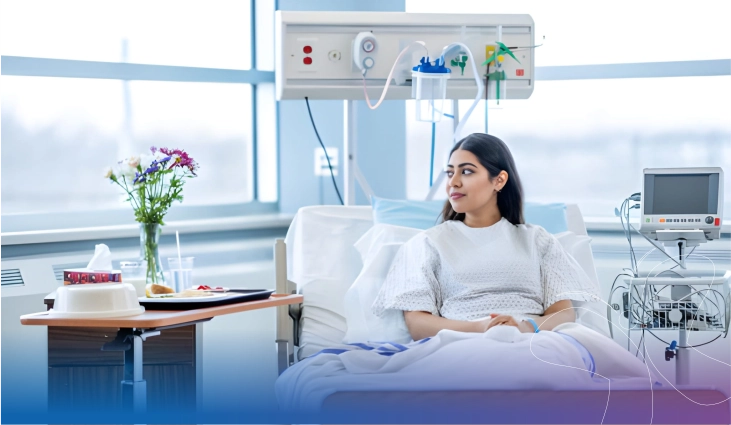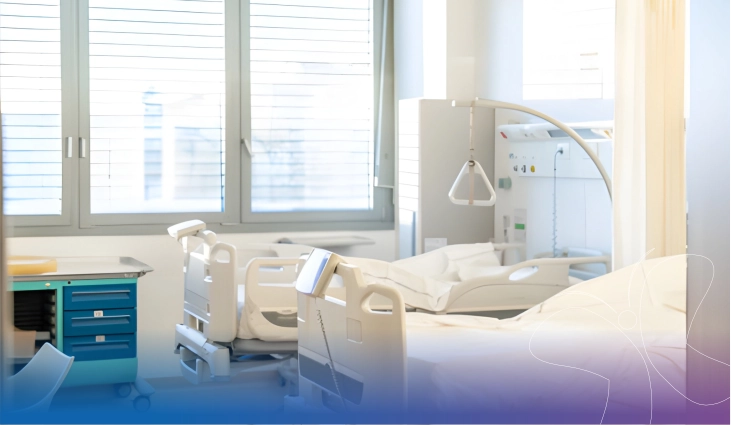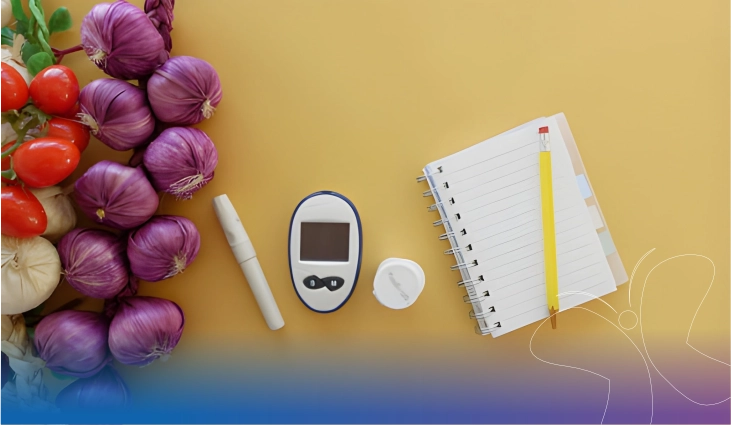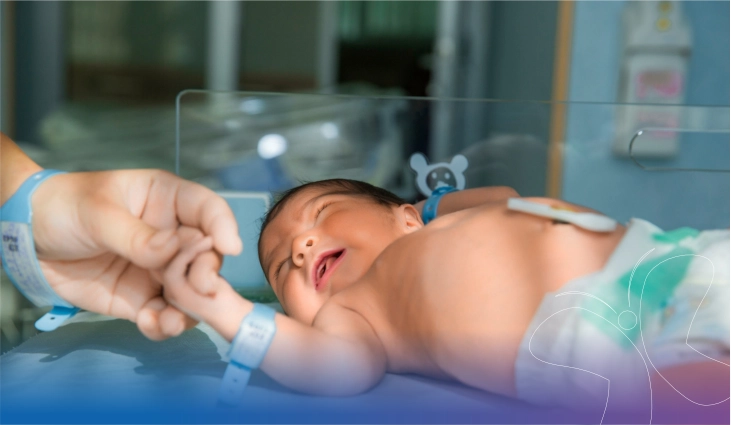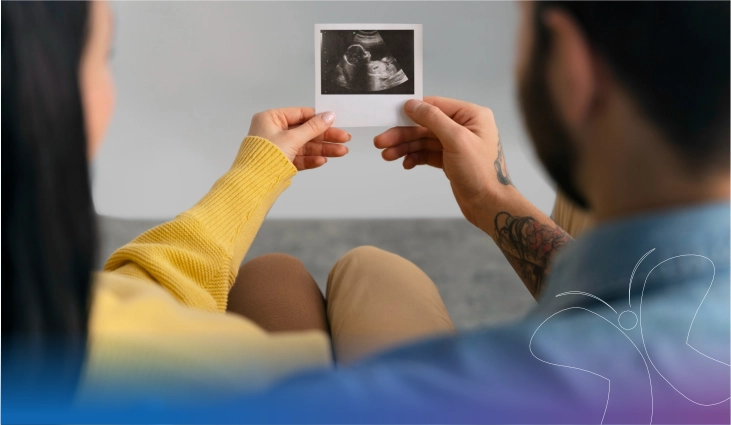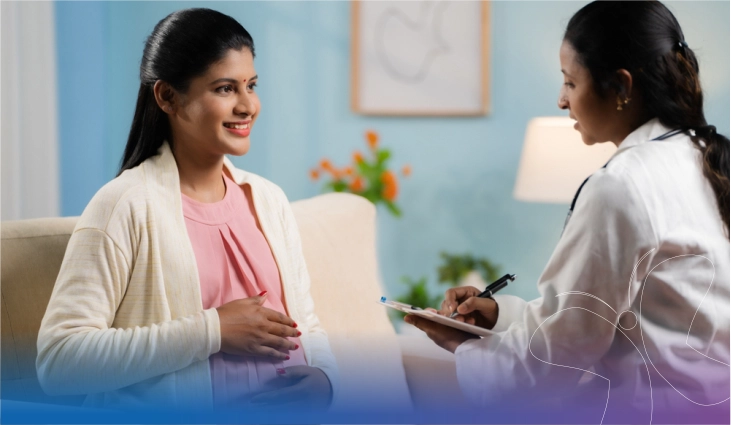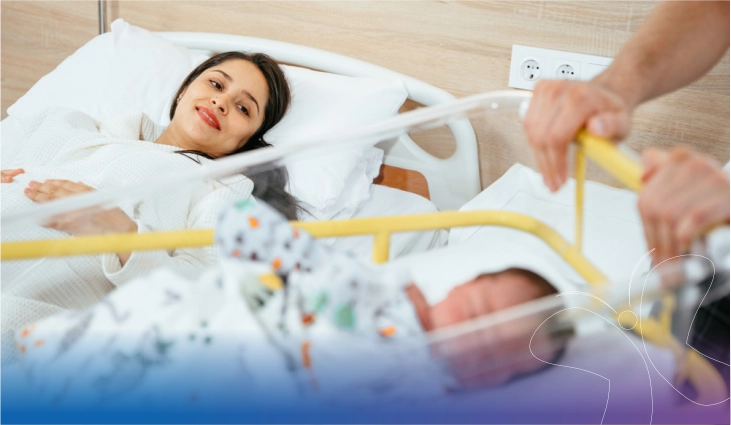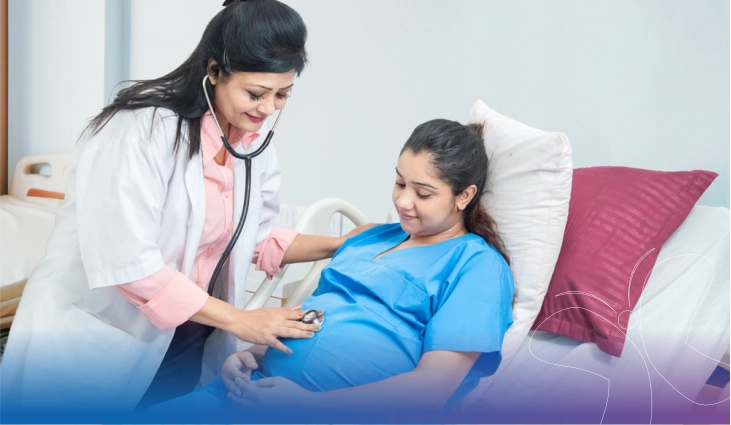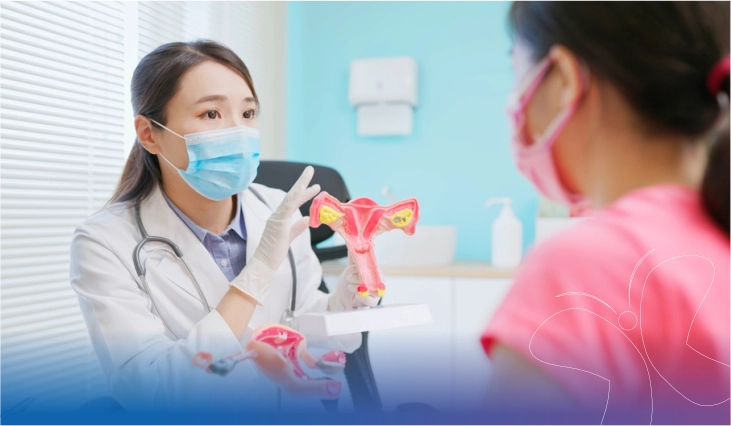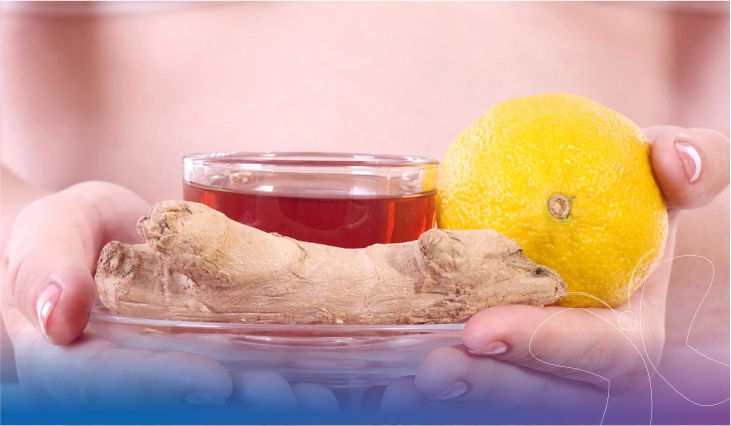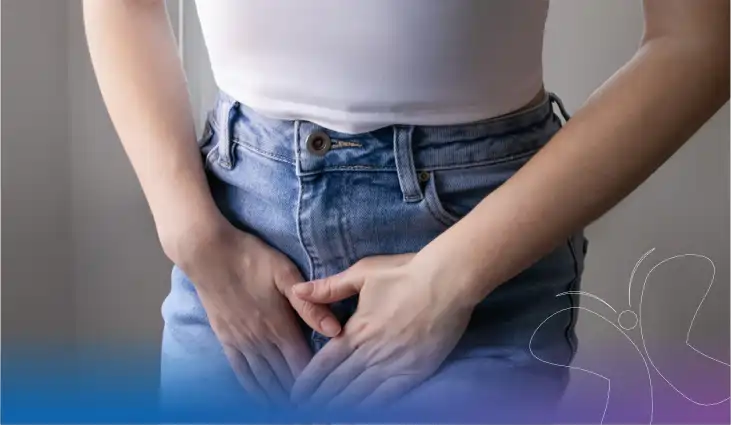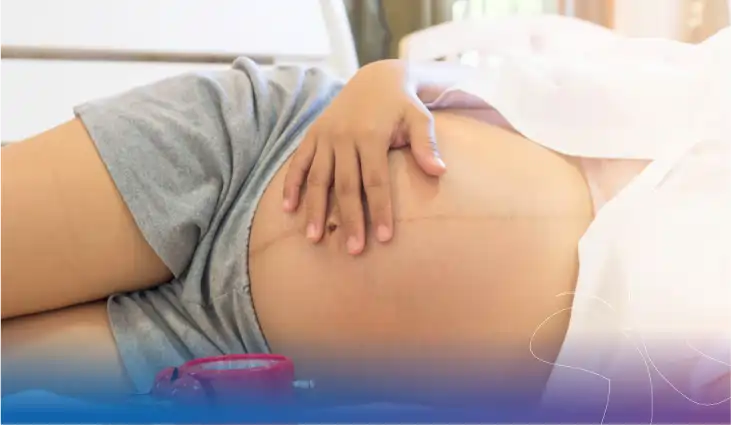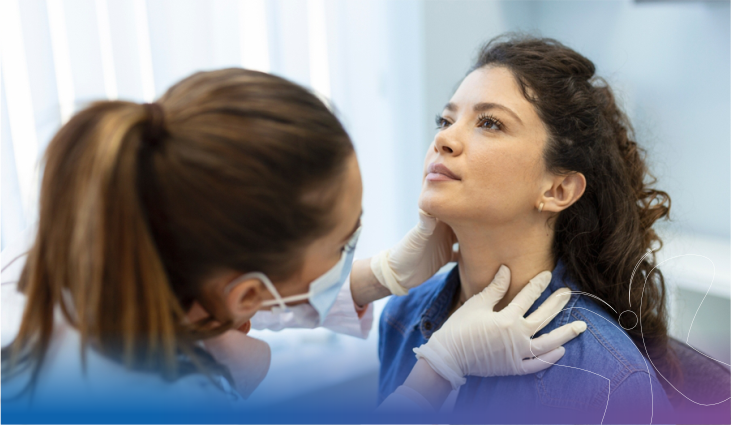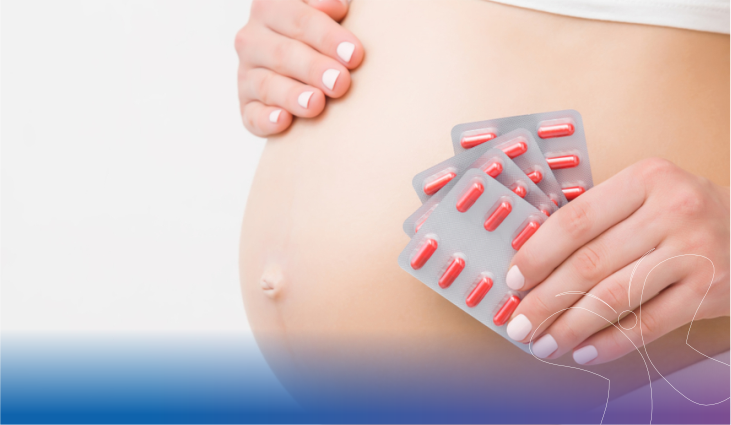For expecting mothers who believe pain while urinating is just part of pregnancy — it's not
Urinary tract infections are one of the most common issues we see in expecting mothers. And yet, they’re also one of the most quietly ignored. The problem isn’t that UTIs are rare — it’s that they often show up with vague signs, or no signs at all. And when you’re pregnant, that’s dangerous.
At Flowrence Hospital, we catch many UTIs during routine urine tests — not because women are complaining of pain or burning, but because they feel “off” or unusually tired. It’s important to understand that even without symptoms, an untreated UTI during pregnancy can turn into something serious.
Why Does Pregnancy Make UTIs More Likely?
Pregnancy changes how your body works — your uterus expands, your hormones shift, your bladder compresses. As a result, the flow of urine slows down. That makes it easier for bacteria to settle in and multiply.
If the infection stays in the bladder, it’s called cystitis. But if it moves up to the kidneys, it’s called pyelonephritis — and that’s a condition that can lead to preterm labour or hospitalisation.
What You Might Notice (Or Not)
These are the signs we ask mothers to watch for:
- Pain or burning when you pass urine
- A constant urge to urinate, with little output
- Cloudy or foul-smelling urine
- Pain in the lower abdomen
- Mild fever or chills
But sometimes, none of this shows up — especially in early infections. That’s why regular urine tests matter.
How We Detect It at Flowrence
Every patient who walks into our antenatal OPD is offered a basic urine routine test. If anything looks unusual — even in the absence of symptoms — we do a urine culture to identify the bacteria.
In some cases, we’ve picked up infections that patients didn’t know they had. And in doing so, we likely prevented a kidney infection or worse.
Is It Safe to Treat During Pregnancy?
Yes — and it’s necessary. We only prescribe antibiotics that are safe in pregnancy, and we explain why they’re needed. We also make sure to follow up with a repeat test to confirm the infection has cleared.
What we never recommend is ignoring the problem or trying home remedies alone. In pregnancy, time lost equals risk increased.
What You Can Do to Reduce Your Risk
Here’s what we tell every expecting mother, especially in her second trimester:
- Don’t hold your urine — go when you feel the need.
- Drink at least 8–10 glasses of water a day.
- Wear breathable cotton underwear and change it daily.
- Avoid harsh soaps or intimate washes that can alter the pH balance.
- Wipe front to back after using the toilet.
These aren’t complicated changes. But they make a real difference.
Final Note from Our Team
UTIs don’t always cause alarm bells — that’s what makes them tricky. But we’ve seen, time and again, how early attention can prevent bigger problems. The goal isn’t just to treat when it’s urgent — it’s to prevent it from ever reaching that stage.
If you’re expecting, and something feels off — whether it’s a vague ache or something you can’t explain — come see us. A few minutes, a quick test, and you’ll either have peace of mind or an early plan of action.
Flowrence Hospital has long been recognised as a pregnancy care hospital in Rajkot, with a strong focus on prevention and personalised maternal care. If you're looking for a gynaecologist in Rajkot who will listen closely, test thoroughly, and treat gently — you’ll find one here.
As a leading women care hospital in Rajkot, we’re committed to catching small problems before they turn into big ones.







